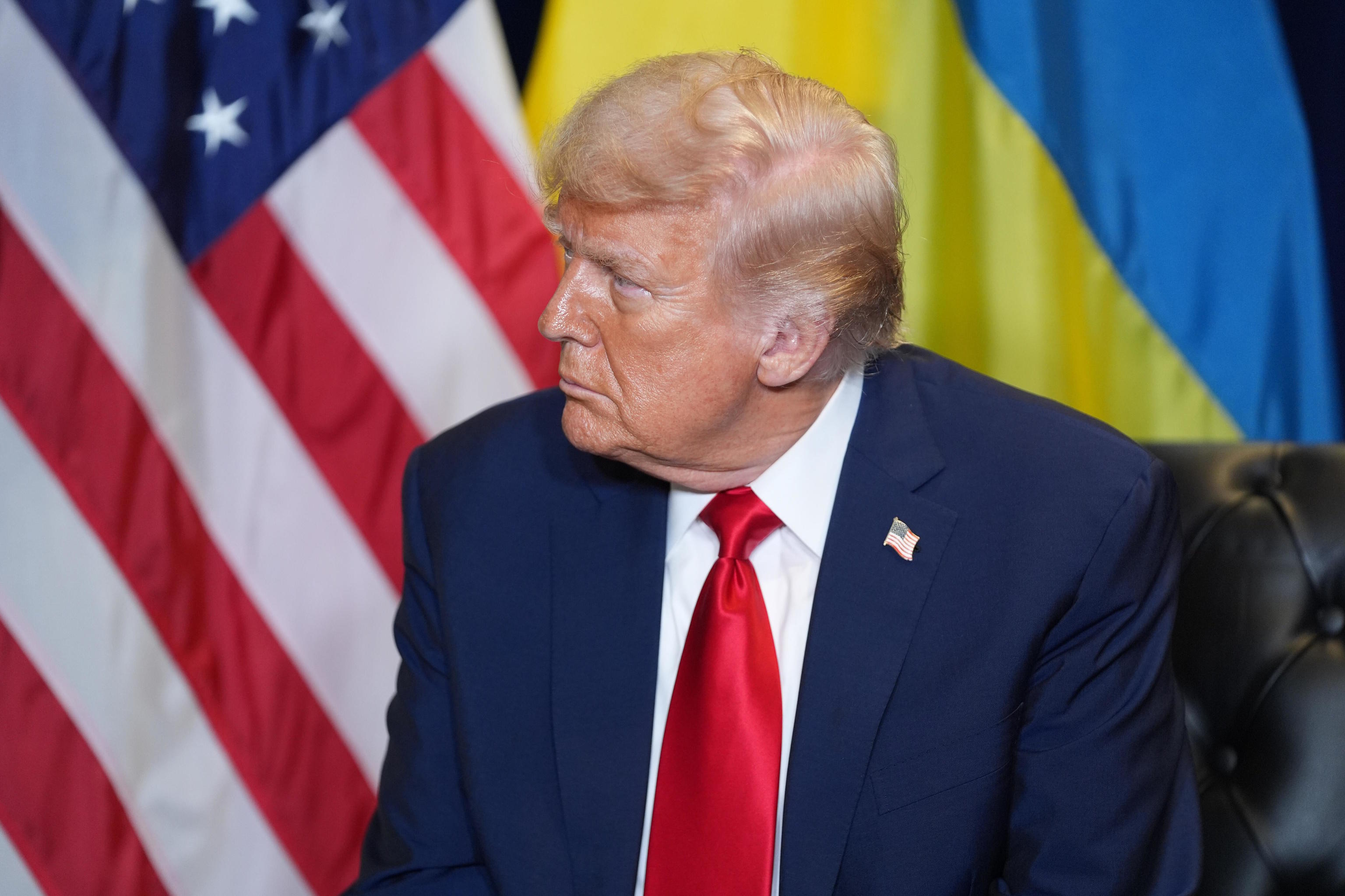Can anyone imagine what would happen if Real Madrid and Barca - to give two examples - started to hinder Vinícius, Lewandowski, Mbappé, or Rapinha from playing in their starting teams? Most likely, a downpour of offers from other European football giants would immediately come to capture that talent.
Governments are slower than the private sector, but the extreme anti-immigration stance of the United States has triggered a race among other powers to attract the talent that had so far been taken by the world's leading economy. If the power of the 21st century is going to be decided in the fields of Artificial Intelligence, autonomous vehicles, quantum computing, nuclear fusion, robotics, and automation, Washington is opening an extraordinary opportunity... for its competitors.
And even more so after the weekend disaster, when the White House created chaos among companies by announcing that they should pay $100,000 (85,000) for every foreign worker who was on a work visa outside the country on Sunday. Companies like Microsoft and Amazon scrambled to find their staff all over the world, leading to Kafkaesque situations, with, for example, workers trying to reach Guam - an island in the middle of the Pacific - before noon Washington time on Sunday to meet the requirement. Although the measure was "clarified" (i.e., corrected) by the White House, from now on, every American company with a foreign worker must pay $100,000 per year for them. Universities have also been instructed by the Trump administration to prioritize the admission of American students.
This is how countries as diverse as the United Kingdom, South Korea, the Emirates, and China are reforming their immigration systems to attract talent that is no longer welcome in the US. The EU, slower, is considering steps in that direction, which would undoubtedly be very beneficial for Spain, one of the favorite countries for Americans to telecommute.
The UK is considering reducing - or even eliminating - the cost of 'global talent visas', aimed at prominent figures in fields such as engineering, science, medicine, technology, humanities, and the arts. In the twelve months from June 2022 to June 2023, a total of 3,901 foreign citizens benefited from this system, representing a 76% increase, according to data from the Financial Times.
The proposals being studied by the Labour government of Keir Starmer involve simplifying the British immigration system. This already occurred in 2020 when the 'global talent visas' were created to replace others that had a slightly slower administrative process than an Ingmar Bergman film.
London's plans are in line with the most advanced government in this 'race', China, which on Wednesday introduces the K-1 visa, specifically aimed at attracting specialized personnel in STEM (Science, Technology, Engineering, and Mathematics). The new K-1 simplifies the bureaucratic requirements to access it, does not require the immigrant to have a job offer, and facilitates entry and exit from the country for its beneficiaries, something that is always very important in a dictatorship like China.
A neighbor and rival of China preparing similar measures is South Korea, especially after the arrest in the US of 475 workers who were working on the construction of Hyundai and LG factories. Seoul wants to promote the repatriation of its nationals, at a time when the country leads sectors such as automotive and microchips, and has begun to develop an autonomous defense industry that includes aircraft with the ability to be 'invisible' to radar, something that Europe has not yet achieved.
